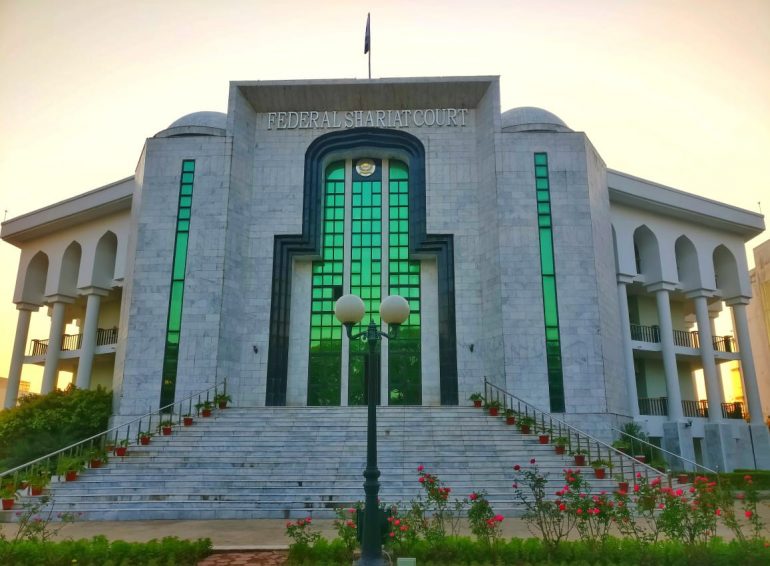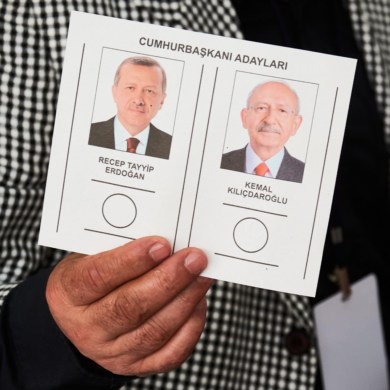The Federal Shariat Court (FSC) in Islamabad has declared the custom of swara as un-Islamic.
The practice of giving away a minor girl to settle conflicts, according to a three-judge bench led by FSC Chief Justice Noor Mohammad Meskenzai, was against Islamic injunctions.
The bench, hearing a plea brought by Sakeena Bibi, found that Ulema had reached a consensus that vani, or swara, was contrary to Islamic teachings.
What is swara?
Swara is a tradition in which girls, typically minors, are given in marriage or servitude to an offended family as a form of recompense to settle conflicts, which is mostly done because of murder. It is a type of planned or forced child marriage that occurs due to a penalty imposed by a tribal elders’ council known as the jirga.
The petitioner, a concerned citizen, objected to the vani custom for a variety of grounds. According to the petition, the institution of jirgas and panchayats which is the ancient fora for conflict resolution usurps a woman’s or young girl’s fundamental rights.
It contended that the concept of ‘badl-i-sulah,’ or recompense to settle a dispute by offering a young girl to the aggrieved family, was misunderstood by the jirga or panchayat. The petitioner asked the court to declare the custom unconstitutional.
According to FSC’s Jurist Consult, Dr. Mohammad Aslam Khaki, vani infringed on at least four fundamental rights. According to him, because the girl is offered by the accused family, she is frequently deprived of fundamental necessities, and thus is discriminated against.
Second, she is married to a man against her will. Third, she is not entitled to dower, and fourth, she is not permitted to initiate a court complaint about khula (marriage divorce).
According to Dr. Khaki, the legal way to settle a murder is to pay diyat, or blood money, which is permitted in Islam; nevertheless, traditional dispute resolution forums consider vani or swara to be legal. Ulema, on the other hand, does not consider the practice to be Islamic.



